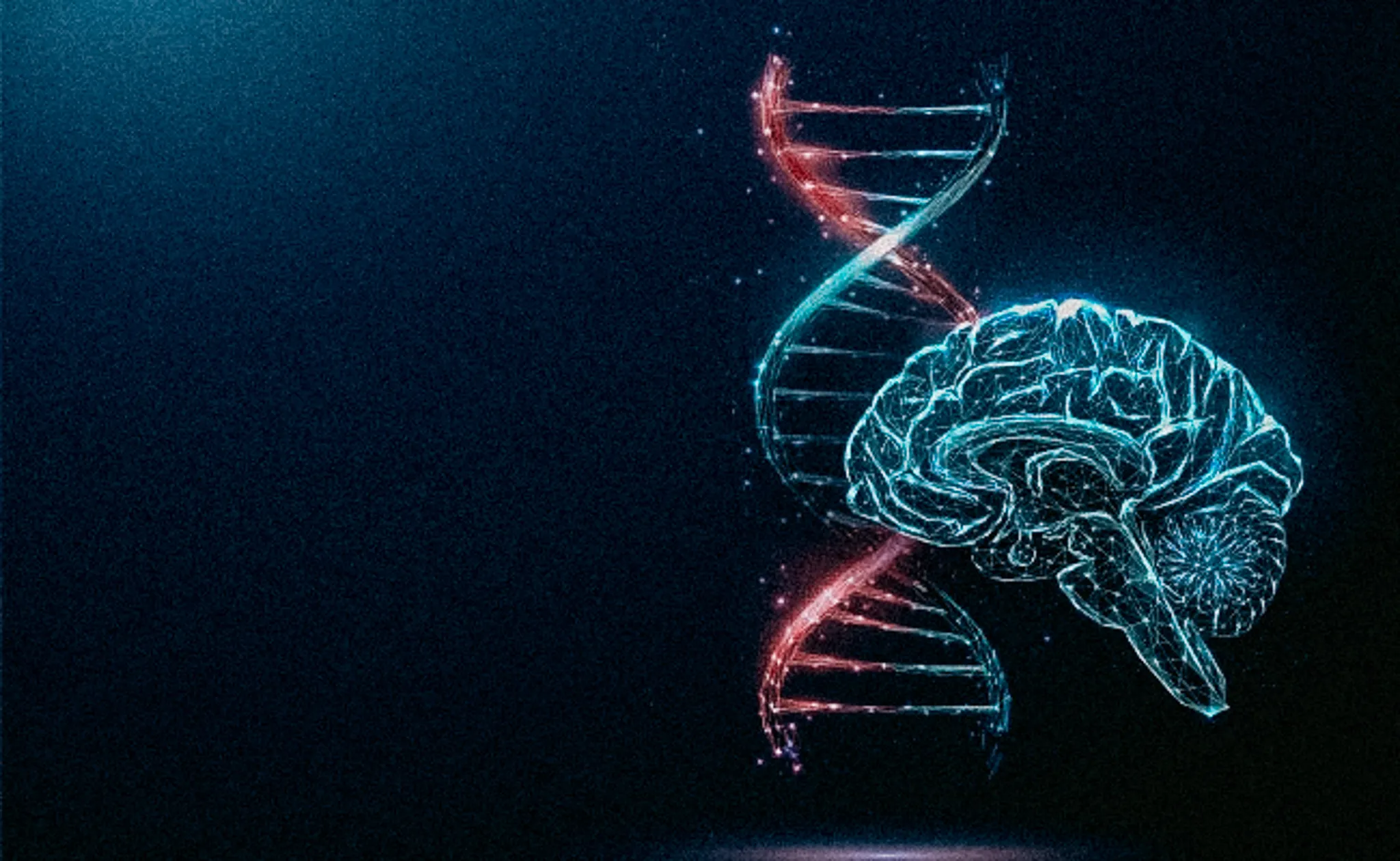
Hormonal disruption
Experiencing postnatal depression, perimenopause, menopause, monthly mood swings, or male hormone fluctuations? Noosa Confidential’s programs help realign your body and mind.
Hormones shouldn’t hijack your happiness.
Whether it’s male hormone fluctuations, postnatal shifts, or menopause, these changes can leave you feeling anxious, drained, or off-kilter. It’s not just in your head. Our personalised residential programs help you understand what’s going on, manage your symptoms, adapt to your body’s changes, and reclaim clarity and calm.
Hormonal shifts can do more than disrupt your body. They can cloud your mind, heighten emotions, and affect your sense of self.
From postnatal depression to perimenopausal anxiety, the mental and emotional toll can be intense and often misunderstood. You might feel flat, anxious, reactive, or disconnected, even when everything around you seems “fine.”
These challenges are rarely caused by hormones alone. They’re often shaped by sleep, stress, trauma history, gut health, and nervous system load, which is why a whole-person approach matters.
Our one-on-one residential programs are designed to identify what’s really going on and provide the personalised support, tools, and therapies you need to restore clarity and balance.


Your journey to stability
Hormonal history
We start with a detailed evaluation of your hormonal health, including lab testing, symptoms, lifestyle, and emotional wellbeing. Understanding your unique hormonal profile helps us tailor a precise treatment plan that addresses root causes, not just symptoms.
Balancing from the inside out
Hormonal issues are often rooted in gut dysfunction and systemic stress. We combine functional medicine, targeted nutrition, and evidence-based therapies to restore microbiome health, reduce inflammation, and support natural hormone regulation. This helps stabilise mood, improve energy, and ease symptoms like anxiety, sleep disruption, and fatigue.
Emotional & Relational Support
Hormonal imbalances impact emotional regulation and can strain relationships through irritability, anxiety, or low libido. We provide therapy and coaching focused on emotional resilience, communication skills, and rebuilding connection with loved ones.
Aftercare
Recovery continues after you leave. Every client receives 12 months of structured aftercare, including a dedicated mentor for ongoing support, accountability, and real-world guidance - wherever life takes you.
What your program includes
Related Reading
Testimonials
FAQs
Understanding hormonal health, menopause & postnatal depression
Hormonal fluctuations, whether during menopause, postpartum, or due to other imbalances, can have a profound impact on mental, emotional, and physical health. From mood changes and fatigue to anxiety and depression, these experiences are real and valid. Here’s what many people ask when navigating hormonal shifts and recovery.
What are the signs of a hormonal imbalance or hormone-related mood changes?
Common signs include mood swings, anxiety, low energy, sleep issues, brain fog, changes in weight or libido, and feeling emotionally overwhelmed.
How do I know if what I’m feeling is postnatal depression or just “baby blues”?
While the baby blues usually resolve within a couple of weeks, postnatal depression lasts longer and can include persistent sadness, loss of interest, anxiety, or feelings of disconnection. If you’re unsure, seeking professional support is always a safe step.
Can hormonal changes like menopause or postpartum shifts trigger anxiety or depression?
Yes. Hormonal changes can disrupt brain chemistry and impact emotional regulation. Personalised care and support can help you feel like yourself again — physically and emotionally.
How is this different from seeing an endocrinologist or GP?
GPs and specialists often treat symptoms in isolation. We don’t. At NC, we combine functional medicine, evidence-based psychology, lifestyle strategy, and 1:1 therapeutic support to treat the whole person. You’ll have a full team working with you - not a 15-minute consult and a script.
How is this different from seeing an endocrinologist or GP?
GPs and specialists often treat symptoms in isolation. We don’t. At NC, we combine functional medicine, evidence-based psychology, lifestyle strategy, and 1:1 therapeutic support to treat the whole person. You’ll have a full team working with you - not a 15-minute consult and a script.
How is this different from seeing an endocrinologist or GP?
GPs and specialists often treat symptoms in isolation. We don’t. At NC, we combine functional medicine, evidence-based psychology, lifestyle strategy, and 1:1 therapeutic support to treat the whole person. You’ll have a full team working with you - not a 15-minute consult and a script.
How is this different from seeing an endocrinologist or GP?
GPs and specialists often treat symptoms in isolation. We don’t. At NC, we combine functional medicine, evidence-based psychology, lifestyle strategy, and 1:1 therapeutic support to treat the whole person. You’ll have a full team working with you - not a 15-minute consult and a script.
We treat the system, not just the symptoms. That includes diet, gut function, sleep, stress response, movement, trauma history, and environmental toxins. If medication is needed, we can prescribe it - but our goal is to rebalance, not bandaid.
We treat the system, not just the symptoms. That includes diet, gut function, sleep, stress response, movement, trauma history, and environmental toxins. If medication is needed, we can prescribe it - but our goal is to rebalance, not bandaid.
We treat the system, not just the symptoms. That includes diet, gut function, sleep, stress response, movement, trauma history, and environmental toxins. If medication is needed, we can prescribe it - but our goal is to rebalance, not bandaid.
We treat the system, not just the symptoms. That includes diet, gut function, sleep, stress response, movement, trauma history, and environmental toxins. If medication is needed, we can prescribe it - but our goal is to rebalance, not bandaid.
Yes - and this is common!
Many standard blood tests miss subtle but important dysfunction. We go deeper with functional pathology, advanced hormone testing, and comprehensive assessments that actually explain why you feel the way you do.
Yes - and this is common!
Many standard blood tests miss subtle but important dysfunction. We go deeper with functional pathology, advanced hormone testing, and comprehensive assessments that actually explain why you feel the way you do.
Yes - and this is common!
Many standard blood tests miss subtle but important dysfunction. We go deeper with functional pathology, advanced hormone testing, and comprehensive assessments that actually explain why you feel the way you do.
Yes - and this is common!
Many standard blood tests miss subtle but important dysfunction. We go deeper with functional pathology, advanced hormone testing, and comprehensive assessments that actually explain why you feel the way you do.
We’re here to help.
Let’s talk about how we can support you.







